
7 Apr, 2017
GMS Tourism “development” benefiting elites, cronies far more than the poor – NGO report
Bangkok – Development in the Mekong Subregion is benefitting “powerful elites, cronies, corporations, and some politicians” far more than the poor, as well as doing serious environmental damage that will create major long-term problems, according to the Bangkok-based NGO Focus on the Global South.
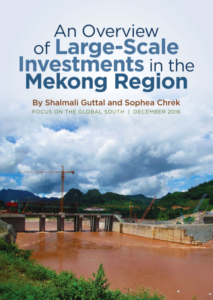 |
Entitled “An Overview of Large Scale Investment Projects in the GMS”, the report cites tourism as one of the many economic sectors contributing to the ongoing development boom as the subregion’s governments push ahead with programmes to alleviate poverty and create jobs.
However, it says tourism is contributing to “the exploitation of precious resources, goods and services such as land, water, electricity and food which can lead to the depletion of resources because of over-consumption (for example, water, fish and other aquatic species) and environmental pollution.”
It adds, “The physical infrastructure required to make tourism possible — airports, roads, resorts, hotels, restaurants, waterfronts, parks and shopping areas — have often physically displaced local communities and destroyed local food and water sources. Tourism has also been associated with the expansion of the sex industry, human trafficking and physical insecurity, especially of women, children and youth.”
The publisher of the report, Focus on the Global South, is affiliated with Thailand’s leading tertiary educational institution Chulalongkorn University. The report was supported by the Rosa-Luxembourg Stiftung with financial help from the German Federal Ministry of Economic Cooperation and Development.
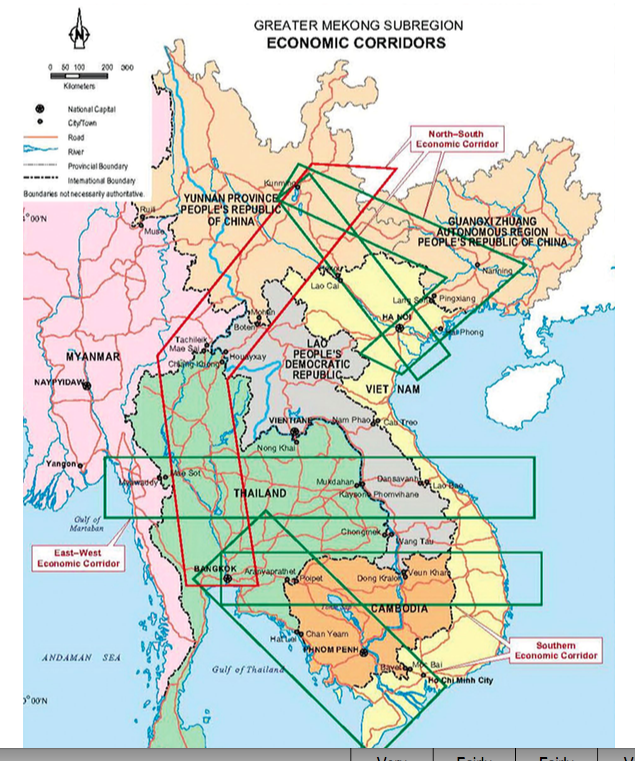 |
According to the media release, “Across the Mekong region, ‘development’ has become synonymous with rapid economic growth, to be achieved through predominantly large-scale, private investments. The development model promoted by the region’s governments prioritizes trade and investment liberalization, and privatization. Private investment is sought in virtually every sector of the economy from energy, oil, minerals, agriculture and food processing to education, health, tourism, manufacturing, pharmaceuticals, transportation and urban infrastructure.”
It adds, “This paper presents an overview of these investment trends in the Mekong region, the regulatory and policy changes designed to facilitate large-scale foreign and domestic investment, and the impacts of such investment on the living and working conditions of workers in Special Economic Zones (SEZs). It offers a critical perspective on the scale and range of large-scale investments in the region, and how these investments privilege large investors over local populations and public interest.”
The report’s over-arching argument is that the GMS governments are bending over backwards to protect the interests of their elites and political cronies but doing little or nothing to protect those of the poor.
It says, “Every country in the Mekong region has special government departments devoted to wooing and negotiating contracts with large private and public investors, donors and creditors. But there is little official recognition or even acknowledgement of the investments made by peasant farmers, artisanal fishers, indigenous peoples, local small-scale entrepreneurs and workers of how their lives, livelihoods, incomes and environments have changed because of the large-scale investment pouring into and flowing through the region.
“Local populations make significant and valuable investments in their farms, fisheries, horticulture, eco-systems and communities: they protect forests, rivers, lakes, wetlands, commons and biodiversity; they produce majority of the region’s food and industrial goods and are the foundations of local economies. But their investments and their rights as investors are not protected in the same ways as the interests of large-scale investors. Investment friendly policies and regulations have lowered standards and levels of labour protection and failed to improve working conditions, wages and benefits for workers.”
The report can be downloaded FREE by clicking here. Read the Editor’s Comment here. Some excerpts:
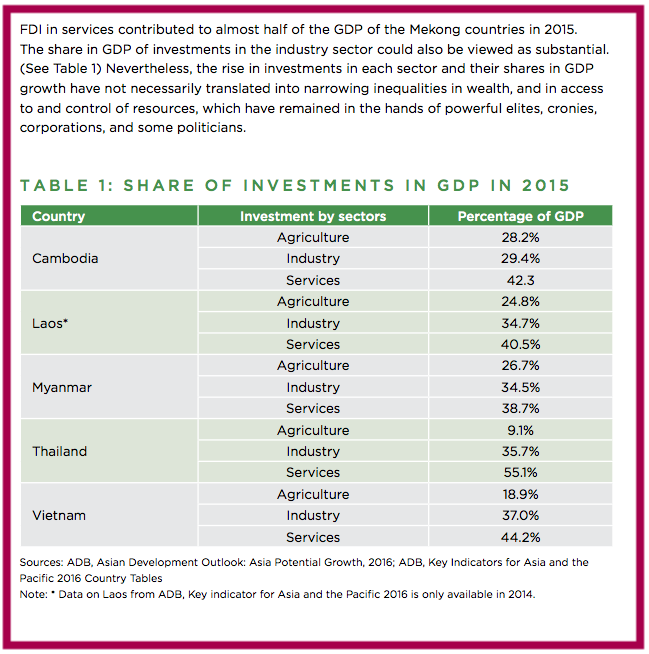
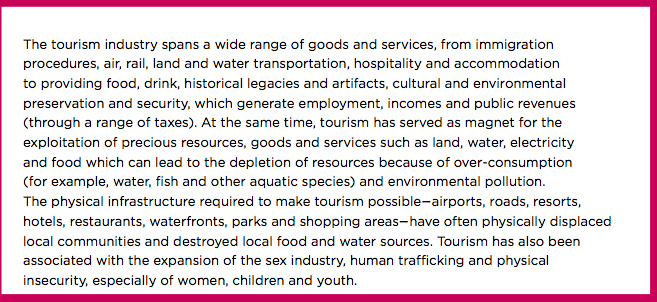
=========
Editor’s comment
The report by Focus on the Global South raises numerous alternative-perspective questions about the status of what is widely regarded as a major success story.
- Is tourism really as sustainable and inclusive as it is claimed to be?
- What is the long-term price being paid for short-term tourism development?
- Should this year of “International Year of Sustainable Tourism for Development” also include consideration of alternative perspectives that often run counter to the official rah-rah narratives about tourism growth?
- Why do industry conferences ignore giving a voice to environmentalists, social activists and continue to remain elitist forums for preaching to the converted?
- Why doesn’t the travel media report on these downsides of development instead of perennially highlighting the rah-rah growths in visitor arrivals and expenditure?
- What can other countries, such as in Africa, learn from the GMS experience, especially the mistakes?

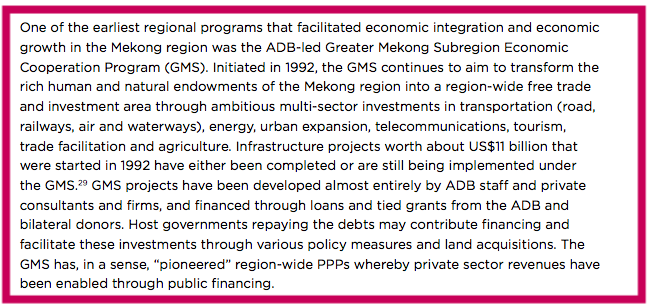
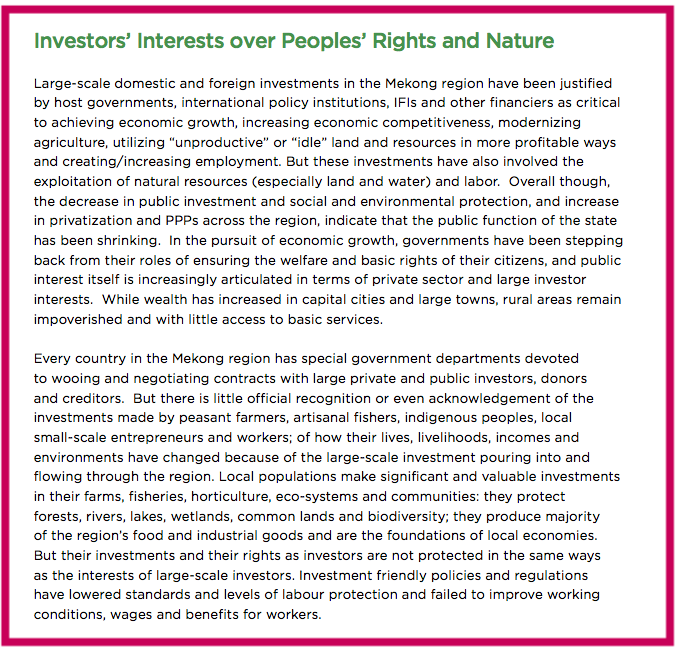
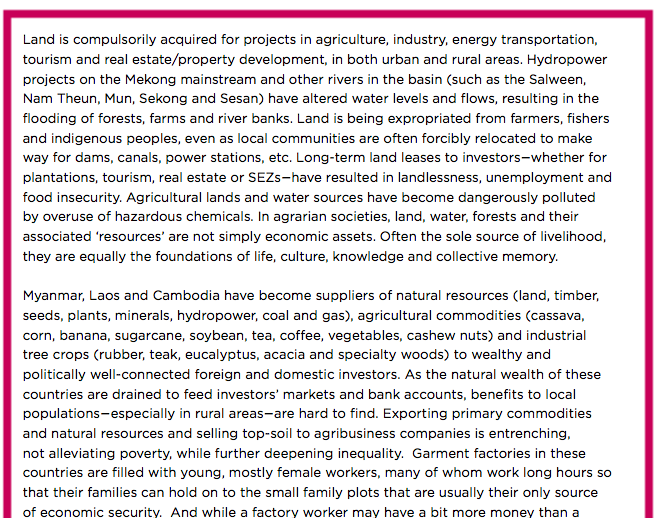
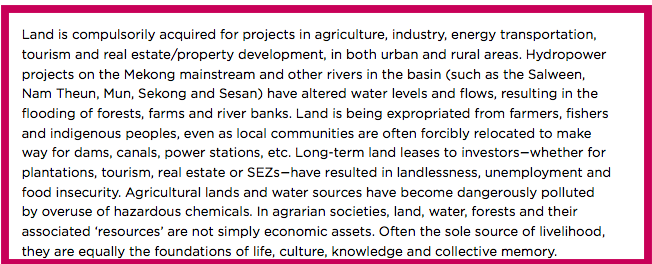
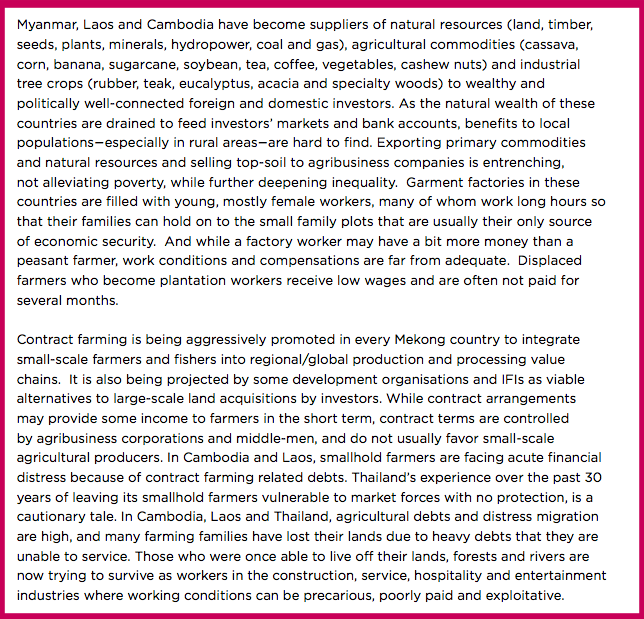
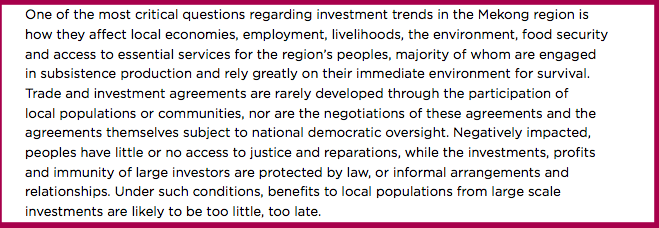


Liked this article? Share it!